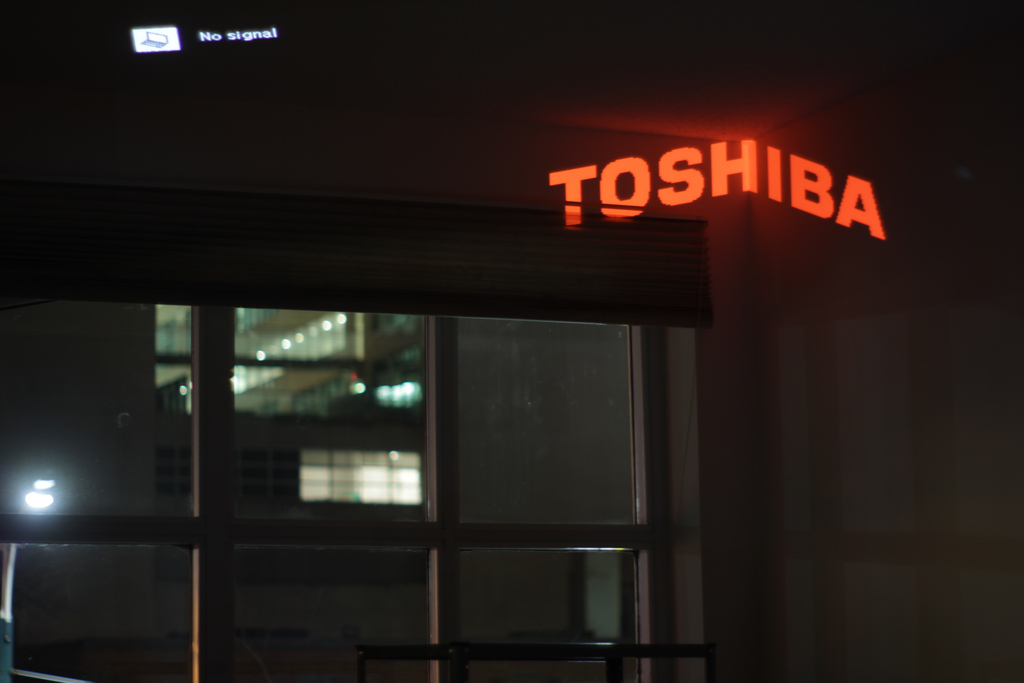Toshiba's upward revision of the forecast was associated with the sale of a loss-making subsidiary of Westinghouse Electric, a consortium of American hedge funds headed by Baupost Group. It is expected that this transaction will increase the capital of Toshiba by 410 billion yen ($ 3.68 billion) and provide additional tax benefits.
Previously, Toshiba forecast a negative amount of its own funds for the current fiscal year - about 750 billion yen. In September, the Japanese corporation agreed on the sale of Toshiba Memory, the world's second-largest maker of NAND memory chip, to a consortium led by Bain Capital investment fund.
The corporation put this business on sale amid growing losses of Westinghouse Electric Co LLC, the American division of Toshiba, which is engaged in nuclear power, now bankrupt. In January 2018, it became known that the investment company Brookfield Business Partners L.P. buys from Toshiba Corp. 100% Westinghouse Electric Company for $ 4.6 billion.
The agreement on the sale of Toshiba Memory has been signed, but there are a number of legal and legislative problems that may hinder the deal, which will be closed at best until the end of March 2018.
As a result of the current fiscal year, Toshiba predicts zero operating profit, while earlier it was talking about 440 billion yen. The forecast for annual revenue is down 22%, to 9.3 trillion yen.
Toshiba Corp. also announced appointment of a new chief executive officer and chairman of the board of directors. From April 1, 2018, these posts will be occupied by 60-year-old Nobuaki Kurumatani, who is currently president of the direct investment fund CVC Asia Pacific Japan, according to a press release from Toshiba. Prior to joining CVC in May 2017 Kurumatani was vice-president and board member of Sumitomo Mitsui Financial Group.
The current CEO and president of Toshiba, Satoshi Tsunakawa, will step down as CEO and become chief operating officer (COO), while retaining the post of president.
The company's management needs to restore investor confidence and find new opportunities for development without two key growth engines, namely, the division for the production of memory chips and business in nuclear energy.
As reported, on September 28 last year, Toshiba signed an agreement to sell a semiconductor business to a group of investors led by Bain Capital for 2 trillion yen. The deal is expected to allow Toshiba to achieve positive equity, but the company needs to implement the deal before the end of the current financial year, which ends in March 2018.
source: reuters.com
Previously, Toshiba forecast a negative amount of its own funds for the current fiscal year - about 750 billion yen. In September, the Japanese corporation agreed on the sale of Toshiba Memory, the world's second-largest maker of NAND memory chip, to a consortium led by Bain Capital investment fund.
The corporation put this business on sale amid growing losses of Westinghouse Electric Co LLC, the American division of Toshiba, which is engaged in nuclear power, now bankrupt. In January 2018, it became known that the investment company Brookfield Business Partners L.P. buys from Toshiba Corp. 100% Westinghouse Electric Company for $ 4.6 billion.
The agreement on the sale of Toshiba Memory has been signed, but there are a number of legal and legislative problems that may hinder the deal, which will be closed at best until the end of March 2018.
As a result of the current fiscal year, Toshiba predicts zero operating profit, while earlier it was talking about 440 billion yen. The forecast for annual revenue is down 22%, to 9.3 trillion yen.
Toshiba Corp. also announced appointment of a new chief executive officer and chairman of the board of directors. From April 1, 2018, these posts will be occupied by 60-year-old Nobuaki Kurumatani, who is currently president of the direct investment fund CVC Asia Pacific Japan, according to a press release from Toshiba. Prior to joining CVC in May 2017 Kurumatani was vice-president and board member of Sumitomo Mitsui Financial Group.
The current CEO and president of Toshiba, Satoshi Tsunakawa, will step down as CEO and become chief operating officer (COO), while retaining the post of president.
The company's management needs to restore investor confidence and find new opportunities for development without two key growth engines, namely, the division for the production of memory chips and business in nuclear energy.
As reported, on September 28 last year, Toshiba signed an agreement to sell a semiconductor business to a group of investors led by Bain Capital for 2 trillion yen. The deal is expected to allow Toshiba to achieve positive equity, but the company needs to implement the deal before the end of the current financial year, which ends in March 2018.
source: reuters.com





